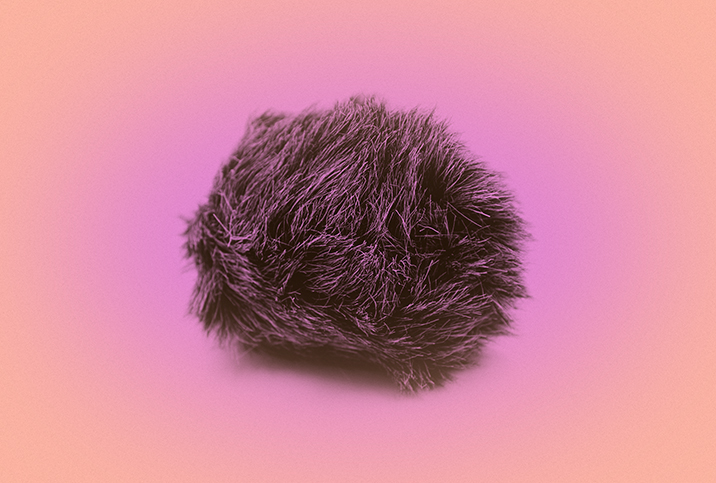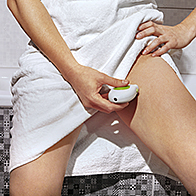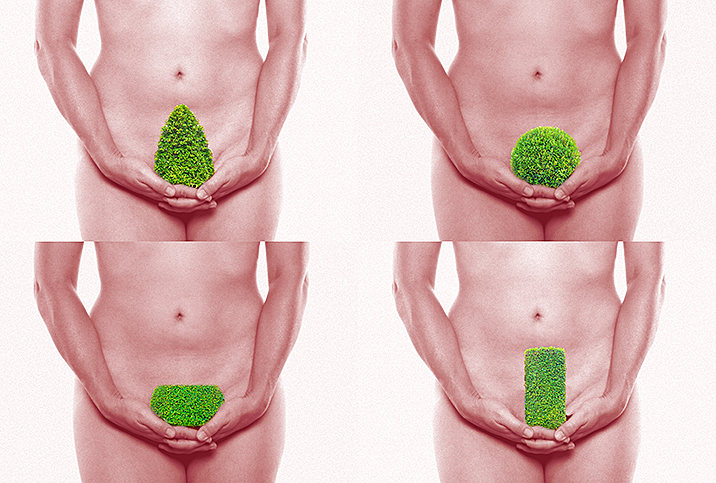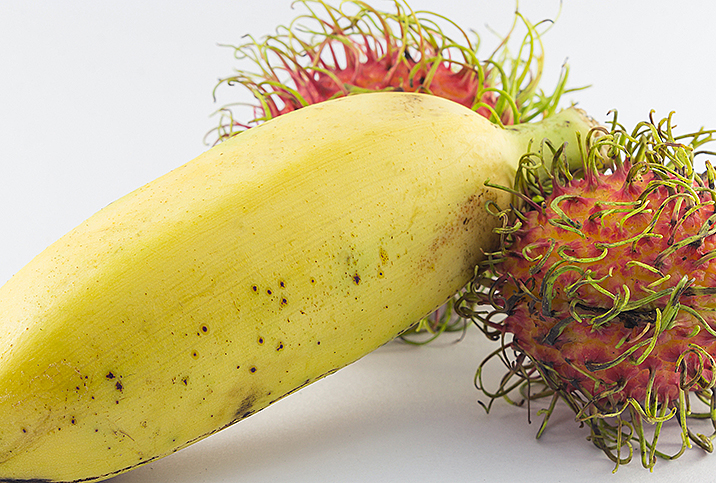The Purpose of Pubic Hair

Pubic hair's stigma is rarely discussed. Despite this silence, or maybe because of it, people may feel pressure to keep it trimmed or completely shaved, depending on what's on trend. This expectation may have origins in society's obsession with youth, when pubic hair is barely present, and in pornography's depictions of typically smooth skin. The subsequent grooming pressure is especially felt by women, but the way it also affects men shouldn't be neglected.
There's no denying the human body is not perfect, but nature's design made sure that each part has a purpose. Despite what society may want you to think, pubic hair is not an exception.
Benefits of keeping it bushy
Pubic hair's natural purpose is to serve as a barrier against dirt, bacteria and other potentially harmful microorganisms from entering the penis or vagina. It also protects us from urinary tract infections (UTIs) and yeast infections.
"Pubic hair can serve a medical benefit and a protective function for some people," according to Laura Purdy, an M.D. based in Nashville, Tennessee, and the medical director at Wisp, a telemedicine provider with a focus on sexual health. "In the same way that, for example, eyelashes can protect the eyes from debris and infection, pubic hair can serve the same purpose. It also contains oil glands within the area that can be prohibitive to bacterial growth."
It also helps decrease disease transmission, according to a 2016 study in the journal Sexually Transmitted Infections.
"Keeping your pubic hair may decrease the risk of some disease transmission during intimacy," agreed Dustin Portela, D.O., an Idaho-based dermatologist and well-known TikTok creator with 2 million followers. "Grooming the hair is largely an aesthetic result that somebody may want to achieve. Depending on the method of grooming, somebody may be at risk of skin irritation or ingrown hairs."
Another, somewhat controversial, benefit has to do with pheromones. Pheromones are chemicals with a specific scent said to influence the behavior of others. Pheromones are created in apocrine sweat glands, which exist in abundance in the region around your genitals.
Some people claim it logically follows that dense pubic hair will trap more pheromones and, in turn, increase your attractiveness and sexual appeal to other people.
How to groom your pubic hair
If you plan to go the DIY route for grooming, make sure the tools you're using are clean. This means making sure they haven't been used on other body parts and have been cleaned in hot water with soap or disinfectant before using them.
Cuts and skin irritations may happen at any stage while grooming your pubic hair, so make sure you are clean beforehand to prevent infection. Taking a hot shower can also be beneficial for the pubic hair to expand and the skin to soften, making your job easier.
"For most people, if you're interested in grooming your pubic hair, I would recommend using trimmers that have a short guard on them. This will not completely remove the hair, so your risk of ingrown hairs is low," Portela said. "If you want to completely remove the hair, waxing for women is a common method. I recommend seeking out a qualified and experienced aesthetician who performs these types of services. Everyone should be careful anytime they are taking a razor to that area as the skin tends to have more movement and texture, which can increase the risk of nicks and cuts."
In addition to waxing, another method was recommended by Betsy Greenleaf, D.O., the first woman in the United States to become board-certified in urogynecology, as well as the CEO of Greenleaf Health and Wellness in New Jersey.
"If you choose to go bare, consider lasering, though laser hair removal only kills off actively growing hair cells," Greenleaf said. "Our hair grows at different rates, and sometimes a hair follicle can be dormant for up to eight years. This is why lasering seems to remove the hair, and then later, it grows back in. Though it can be painful, waxing tends to have less risk of ingrown hairs than shaving, which blunts the hair at the skin level."
After waxing, Greenleaf suggested using a product such as Tendskin, which has a little bit of aspirin in it to aid with ingrown hairs and inflammation. Critically, Greenleaf does not recommend shaving.
"Though some people prefer going bare, the act of shaving can be hazardous," Greenleaf said. "Shaving causes nicks in the skin in which bacteria can enter and cause infection. As surgeons, we no longer shave patients before surgery because it increases the risks of surgical infections. In addition, shaving often leads to ingrown hairs becoming infected."
There's also a way to get rid of pubic hair without waxing, shaving or lasers.
"There are depilatory creams that can remove hair; these are temporary and do have a risk of irritating the skin if you're not very careful," Portela said.
Your body, your rules
It's up to you whether you groom your pubes or not, a matter of personal preference. Keep in mind, when you feel insecure about your choice or face comments for it, the words of others don't define you. You are the only person with ownership over your body, and you are the person whose opinion about it is most valid.




















